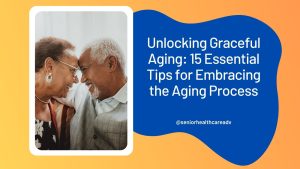Copyright © 2024 | All rights reserved | 828 S. Military Trail, Deerfield Beach Florida, 33442.
(Owned by Senior Healthcare Advisors, LLC.) MULTIPLAN_RO3836088_M.
We do not offer every plan available in your area. Currently, we represent [8] organizations which offer 8000 products in your area. Please contact Medicare.gov, 1-800-MEDICARE or your local State Health Insurance Program (SHIP) to get information on all of your options. Senior Healthcare Advisors,LLC., in California – SCH Insurance Agency represents Medicare Advantage [HMO, PPO, and PFFS] organizations and stand-alone PDP prescription drug plans that have a Medicare contract. Members may receive a monthly or quarterly allowance in the form of a benefits prepaid card to pay for a wide range of approved healthy groceries and utilities. Unused amounts will expire at the end of the month or quarter. Enrollment depends on the plan’s contract renewal.
Not all plans offer all of these benefits. Benefits may vary by carrier and location. Limitations and exclusions may apply. Senior Healthcare Advisors, LLC., in California – SCH Insurance Agency is not connected/endorsed by a government entity.
You also agree to the Terms and Privacy
The benefits mentioned are part of a special supplemental program for the chronically ill. Not all members qualify. The benefits mentioned are Special Supplemental Benefits for the Chronically Ill (SSBCI). You may qualify for SSBCI if you have a high risk for hospitalization and require intensive care coordination to manage chronic conditions such as Chronic Kidney Diseases, Chronic Lung Disorders, Cardiovascular Disorders, Chronic Heart Failure, or Diabetes. For a full list of chronic conditions or to learn more about other eligibility requirements needed to qualify for SSBCI benefits, please refer to Chapter 4 in the plan’s Evidence of Coverage. Part B Premium giveback is not available with all plans. Availability varies by carrier and location. Actual Part B premium reduction could be lower.
Enrollment in a plan may be limited to certain times of the year unless you qualify for a Special Enrollment Period or you are in your Medicare Initial Enrollment Period.


